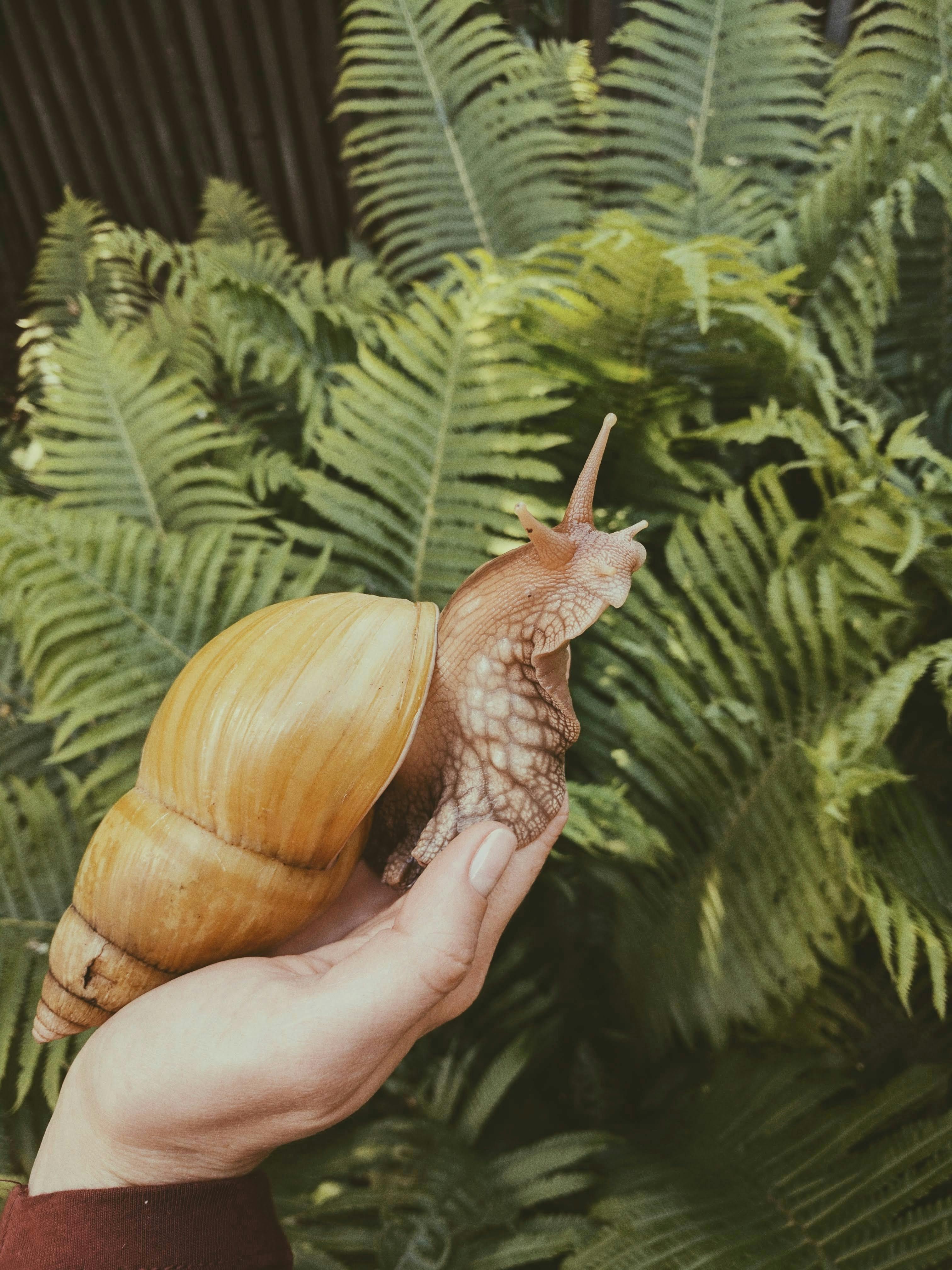Wonders of the Octopus: The Most Intelligent Invertebrate
Dive deep into the oceanic world and you will stumble upon a creature that is as strange as it is intelligent: the octopus. This invertebrate has been making waves in the scientific community for its surprising cognitive abilities, changing what we know about animal intelligence. This article explores the fascinating world of octopuses, from their evolutionary history to their unique behaviors and remarkable intelligence.

The Origins of the Octopus
The octopus belongs to the class Cephalopoda, which also includes squids and cuttlefish. Despite their alien-like appearance, these creatures are actually mollusks, sharing a common ancestor with snails and clams. However, millions of years of evolution have led to a divergence, resulting in the peculiar and intriguing invertebrates we see today.
Fossil records indicate that the first octopuses appeared around 296 million years ago during the Carboniferous period. However, due to their soft bodies, they do not fossilize well, making it challenging to trace their exact evolutionary journey.
Octopus Intelligence: A Scientific Marvel
Octopuses have long been known for their problem-solving skills and memory capabilities, which are surprisingly advanced for invertebrates. They have been observed opening jars to get to food inside, escaping from their enclosures, and recognizing individual humans.
This level of intelligence has led scientists to believe that octopuses may possess something akin to consciousness, a trait previously thought to be exclusive to vertebrates. The octopus has the largest brain of any invertebrate, and about two-thirds of its neurons are located in its arms, allowing it to process information locally.
The Master of Camouflage
Another extraordinary feature of octopuses is their ability to change the color and texture of their skin for camouflage. They can mimic their surroundings almost perfectly, making it virtually impossible for predators to spot them. This skill is not only a survival mechanism but also a form of communication, as octopuses may change color to signal emotions or intentions.
The Octopus in Today’s World
Recently, octopuses have been making headlines for their unexpected behaviors. Stories of octopuses escaping from aquariums, opening containers, and even using tools have fascinated the public. They are becoming popular as exotic pets, with the trade estimated to be worth millions of dollars. However, this trend has raised concerns about their welfare and the environmental impact of harvesting them from the wild.
The Future of Octopus Research
The study of octopus intelligence is a rapidly growing field, with new discoveries being made regularly. The recently completed octopus genome project has opened up new avenues for research, providing insights into the evolution of their complex nervous system and unusual behaviors.
The octopus, with its strange appearance and remarkable intelligence, has much to teach us. As we continue to explore the depths of the ocean, who knows what other secrets this amazing creature might reveal?
In conclusion, the octopus is a testament to the wonders of evolution, demonstrating that intelligence can evolve in creatures very different from us. As we learn more about these fascinating animals, we can only hope that our understanding and appreciation of the natural world continues to grow.




